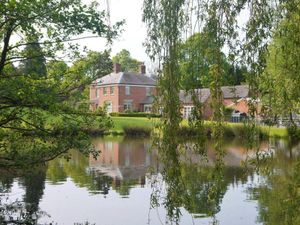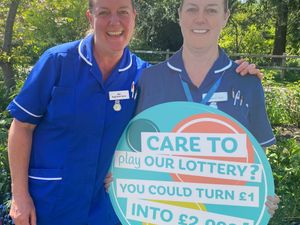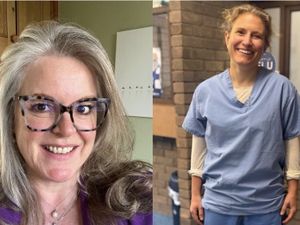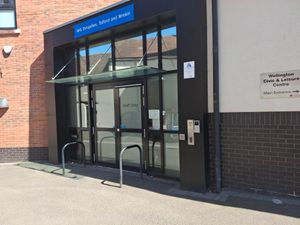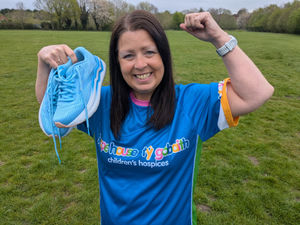North Shropshire MP Owen Paterson forced to isolate for the second time
North Shropshire MP Owen Paterson has been forced into isolation for the second time since the coronavirus outbreak, after family members showed symptoms.
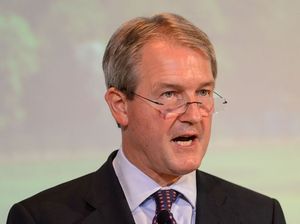
He had been due to return to the House of Commons today as parliament reopened for a crucial vote.
But Mr Paterson, who spent more than two weeks in isolation during March and April after showing the symptoms of coronavirus himself, said he had been left with little choice but to stay at home for a second time after family members developed symptoms.
He admitted to feeling frustration about the matter.
"I had planned to be back in the House of Commons today, so it is very frustrating that with family members showing potential Covid-19 symptoms, I will have to self-isolate at least until their test results are negative," he said.
Mr Paterson said he believed he had the virus during his first period of isolation, which he said had left him 'very groggy'.
More Covid-19 coverage:
Also absent today was MP Philip Dunne, who has been told not to attend due to a chronic lung condition.
Mr Dunne, who went into a period of self-isolation in March on the advice of his party whip, received a letter from the NHS last month telling him his condition made him particularly vulnerable.
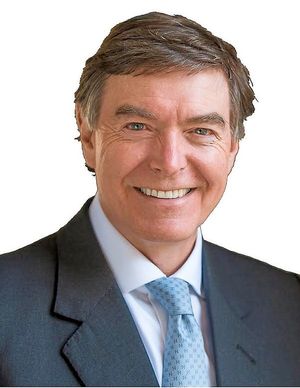
He said he was in good health and showing no symptoms, but his condition placed him into the category which meant he was required to comply with 'shielding' restrictions.
Mr Dunne said he had entered into a 'pairing' arrangement with an opposition MP, who agreed not to vote against him until he was able to return.
MPs returned today to vote on whether the 'virtual parliament', where members could take part in debates by video link should be extended.
At the moment, social-distancing rules mean that no more than 50 MPs are allowed in the chamber at the moment.
Leader of the House of Commons, Jacob Rees-Mogg, said the video-links were no longer necessary, adding that debate was done better face to face.
But Mr Dunne said he hoped the measures would continue, as ending them would leave him 'disenfranchised'.

